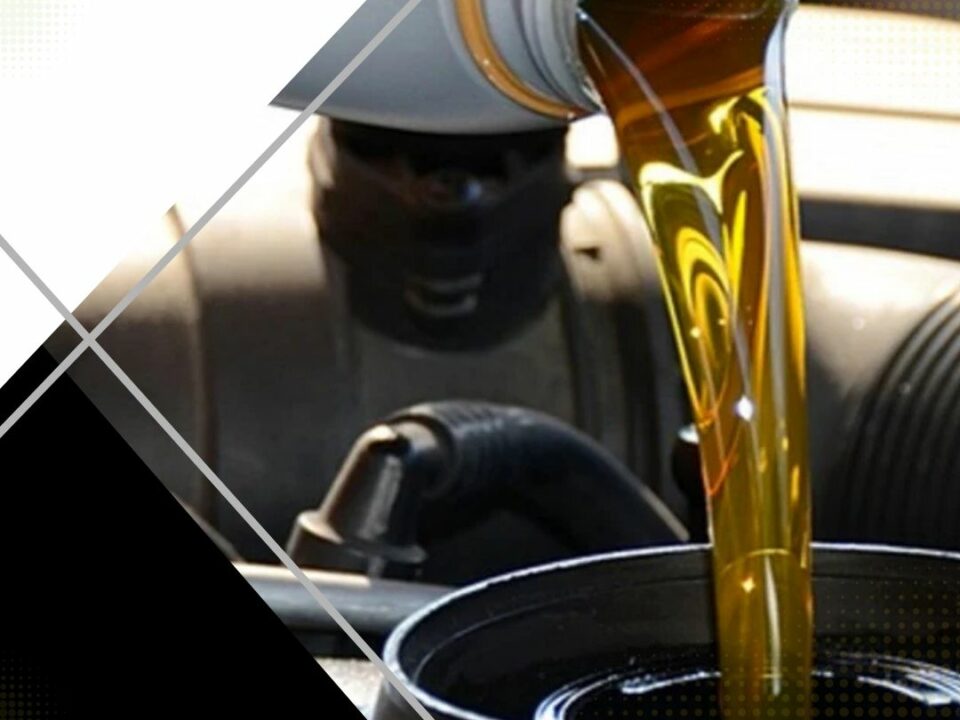
Choosing the Right Auto Mechanic: Tips for Finding Trustworthy Service
November 22, 2023
Beyond the Basics: Advanced Insights into Oil Change Procedures
December 4, 2023Regular maintenance is crucial for the longevity and performance of your vehicle, and among the most critical routine procedures is the oil change. Understanding the timing and frequency of oil changes can significantly impact your car’s health and your wallet. This article delves into the intricacies of oil change intervals, offering insights into the optimal timing for this essential maintenance task.
Understanding the Importance of Regular Oil Changes
Why Change Your Oil?
Motor oil plays a pivotal role in ensuring the smooth operation of your vehicle’s engine. It lubricates engine parts, reduces friction, prevents overheating, and helps in removing impurities. Over time, oil breaks down and becomes less effective. Regular oil replacements are crucial to maintain engine efficiency and longevity.
When to Change Your Oil: Deciphering the Schedule
Traditional Guidelines vs. Modern Recommendations
Traditionally, the rule of thumb for oil change frequency was every 3,000 miles or every three months, whichever came first. However, with advancements in engine design and oil quality, especially with the introduction of synthetic oils, many manufacturers now recommend longer intervals, often between 5,000 to 7,500 miles. Some high-performance synthetic oils even allow for up to 10,000 miles between changes.
Vehicle-Specific Recommendations
It’s essential to refer to your vehicle’s owner’s manual for manufacturer-specific recommendations. Different engines have different needs, and factors like driving habits, environment, and the age of the vehicle play a significant role in determining the ideal oil change schedule.
Factors Influencing Oil Change Frequency
Driving Conditions and Habits
Harsh driving conditions such as frequent stop-and-go traffic, driving in extreme temperatures, and towing heavy loads can accelerate the degradation of engine oil. In these cases, more frequent oil changes might be necessary.
Types of Oil: Conventional vs. Synthetic
Synthetic oils generally last longer and perform better under extreme conditions compared to conventional oils. If you use synthetic motor oil, you may be able to extend the duration between oil changes.
Making the Right Choice for Your Vehicle
Regularly checking your engine oil level and quality can give you a good indication of when an oil change is due. Look for signs of oil darkening, debris, or a lower-than-normal level. Always consider your vehicle’s specific needs, driving habits, and manufacturer guidelines when planning your oil maintenance schedule.
Conclusion
Understanding the optimal interval for oil changes is crucial for maintaining your vehicle’s health and performance. Adhering to a regular oil change schedule based on your driving conditions, vehicle type, and oil used can ensure your engine runs smoothly for years to come. Remember, when it comes to oil changes, consistency and attention to detail are key to keeping your vehicle in top condition.




